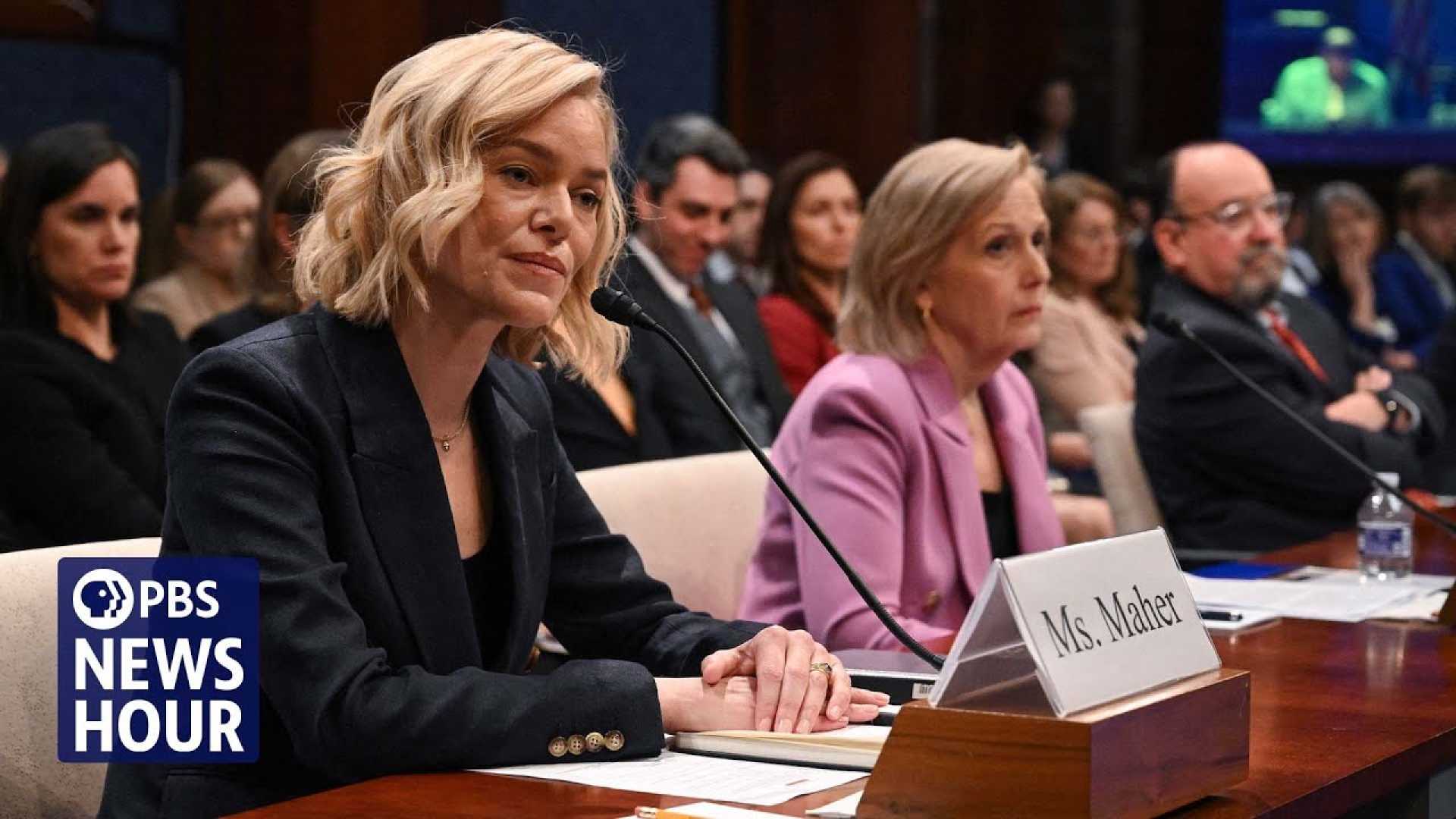Politics
Federal Funding for NPR and PBS Faces Congressional Threat

WASHINGTON, March 26, 2025 — The chief executives of NPR and PBS are set to testify before a U.S. House subcommittee Wednesday, as discussions intensify regarding the potential elimination of federal funding for the two networks. A recent Pew Research Center survey indicates that opinions on federal funding for NPR and PBS are sharply divided among U.S. adults.
According to the survey conducted from March 10 to 16, about 24% of respondents believe Congress should remove federal funding from these public broadcasters, while 43% support continued funding. A notable 33% of participants were uncertain about their stance. The Corporation for Public Broadcasting (CPB), which distributes funding, has received approximately $535 million annually, supporting NPR and PBS, among others.
As funding concerns rise, Republican lawmakers, led by Rep. Marjorie Taylor Greene, claim that public broadcasters have drifted towards liberal bias. Greene states, “I want to hear why NPR and PBS think they should ever again receive a single cent from the American taxpayer.”
In their preparation for the hearing, PBS CEO Paula Kerger and NPR CEO Katherine Maher must navigate increasing calls for accountability regarding their organization’s funding. Kerger has taken the reins of PBS since 2006, while Maher joined NPR just a year ago, transitioning from a tech executive to leading a major journalism organization.
Statistics show partisan divides in opinions on public media funding. Among Republicans, 44% advocate for cutting federal support, contrasted with 5% of Democrats who support the same action. Conversely, 69% of Democrats favor sustaining funding, highlighting the significant disparities between party lines on this issue.
The Pew Research Center survey noted that while 20% of U.S. adults regularly consume news from NPR, 21% do so from PBS. However, trust in these outlets differs vastly along partisan affiliations, as Democrats tend to trust public broadcasters more than Republicans.
During the subcommittee hearing, the focus will be on assessing the relevance and impartiality of public media. Greene accused NPR and PBS of biased reporting, citing examples like their handling of coverage relating to Hunter Biden and COVID-19, further fueling discussions on their accountability.
In response to the Republican push, Kerger emphasizes the significance of public broadcasting in contributing to national discourse, decrying the potential cuts as detrimental to those communities that rely on public media, especially in rural areas.
“For them, a reduction in federal funding would be an existential crisis,” Kerger stated, underlining the historical importance of public media in providing educational content across the nation.
NPR and PBS executives hope to articulate the impact of federal support on their operations, arguing that federal contributions are a small fraction of their overall revenues, which predominantly come from donations and sponsorships. NPR’s approximately $300 million annual budget reflects that roughly 3% is derived from federal sources through member stations.
As the debate unfolds in Congress, the future of public media funding hangs in the balance amidst a shifting landscape of media consumption that increasingly favors digital platforms over traditional broadcasting.












